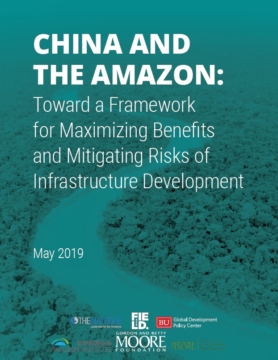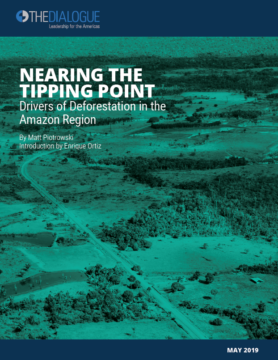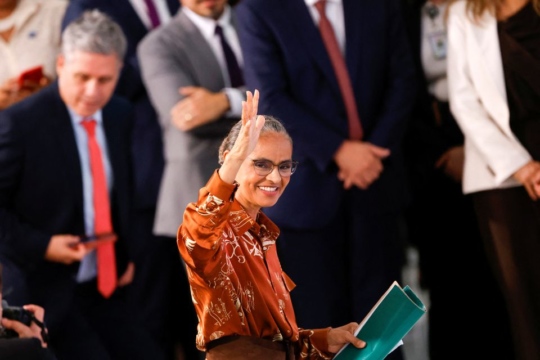
Member in the News: Marina Silva
On December 29, 2022, Marina Silva, member of the Inter-American Dialogue, was named Brazil’s new Minister of Environment under President Luiz Inácio Lula da Silva.
On December 29, 2022, Marina Silva, member of the Inter-American Dialogue, was named Brazil’s new Minister of Environment under President Luiz Inácio Lula da Silva.
To explore Lula’s plans for Brazil’s energy sector, the Inter-American Dialogue hosted the online event “Power in Brazil – Energy Policy Post-Election” on November 8, 2022.
The Amazon rainforest, one of the world’s most important ecosystems, faces environmental impacts from hydroelectric dams, oil and gas drilling sites, and mining projects. A new database and analysis by the Inter-American Dialogue reveals that state-owned enterprises, as well as small and mid-sized international companies from a handful of countries, operate the largest share of such projects in the Amazon region, meaning these companies have a substantial influence over the implementation of environmental and social safeguards.
In an interview with BBC’s Business Daily, Lisa Viscidi, director of the Energy, Climate Change, and Extractive Industries Program, discussed President Biden’s climate foreign policy, deforestation in the Amazon, and US-Brazil relations.
On February 2, the Embassy of Argentina in the United States and the World Resources Institute hosted an event at which Lisa Viscidi spoke about how the Biden administration could engage with Argentina, and with Latin America and the Caribbean more broadly, on areas such as clean energy, climate change adaptation, and conservation.
Covid-19 has devastated the Peruvian economy. But as the country seeks to rebuild in the virus’s wake, it has a chance to focus on fighting climate change and creating a more sustainable development model. The extractive industries central to Peru’s economy are a source of underutilized revenues that could help seize this opportunity.
The Biden administration should support clean energy investments and environmental protections in the region.
As economies seek to rebuild in the aftermath of the Covid-19 crisis, there is an opportunity to accelerate climate change mitigation and adaptation and shape more sustainable economic models. Revenues from the extractive industries can provide crucial resources in this effort, according to a new report by the Inter-American Dialogue.
La directora del Programa de Energía, Cambio Climático e Industrias Extractivas, Lisa Viscidi, habló con CNN en Español sobre el cambio climático, sus impactos en América Latina y el nivel de compromiso de países en la región a esfuerzos internacionales para combatirlo.
The fires in the Amazon expose the very heart of the greatest collective action problem that humanity has faced, and it foreshadows harder battles to come. The actions of each individual country have consequences for the global climate, yet perpetrators are loath to make sacrifices when others, especially those with equal or greater responsibility, are not doing the same. The fact that threats of economic punishment seem to have shifted Brazil’s behavior suggests that a similar approach could be taken to address climate change on a larger scale. But it will not be easy, especially where the biggest emitters are concerned.
As wildfires rage in the Brazilian portion of the Amazon rainforest, Brazil’s president Jair Bolsonaro finds himself under increased international scrutiny. Program Director Lisa Viscidi comments for BBC World News on Bolsonaro’s policies toward the Amazon.
Countries in the Amazon Basin are falling behind on their targets to cut deforestation. Environmental enforcement combined with economic incentives could provide a way forward, write Lisa Viscidi and Enrique Ortiz in this op-ed.
Deforestation rates in the Amazon River Basin have risen to near-record levels in recent years, threatening biodiversity and indigenous lands as well as global climate change efforts and weather patterns in the Amazon region and beyond. The lack of governance across Amazonian nations is a primary factor behind countries’ failure to stem forest loss, said experts at an event launching a new Inter-American Dialogue report on May 29.
The emergence of China as a new economic partner presents trade offs for Amazon basin countries. Without special care to avoid and minimize ecological and social impacts, the costs of development run the risk of outweighing its gains.
The largest tropical rainforest on the planet, the Amazon plays a critical role as a storehouse of carbon and mediator of the global water cycle and holds a greater share of the world’s known biodiversity than any other ecosystem. However, unchecked development is placing the Amazon under threat, pushing deforestation rates to near-record levels throughout the region.
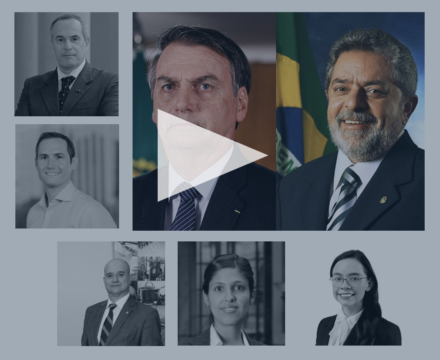
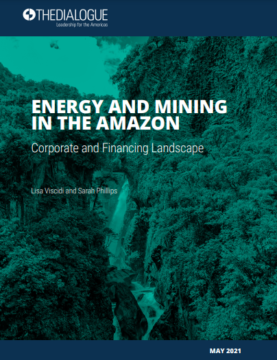
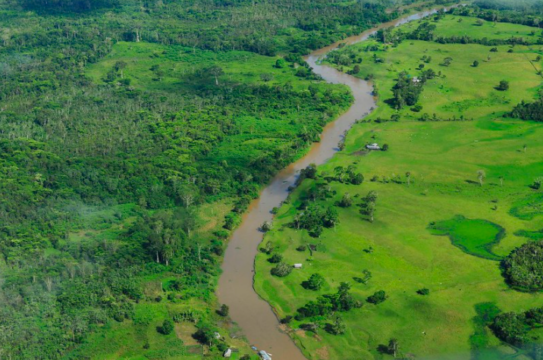 Video
Video
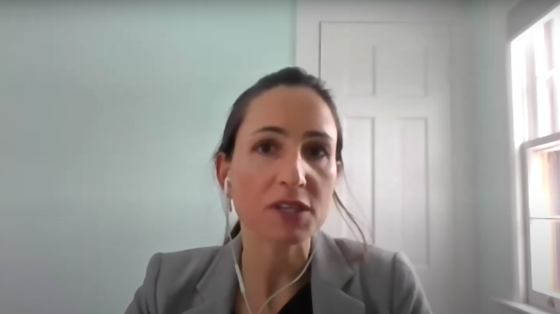 Video
Video
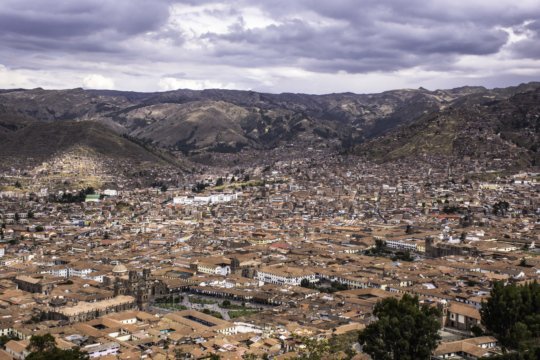
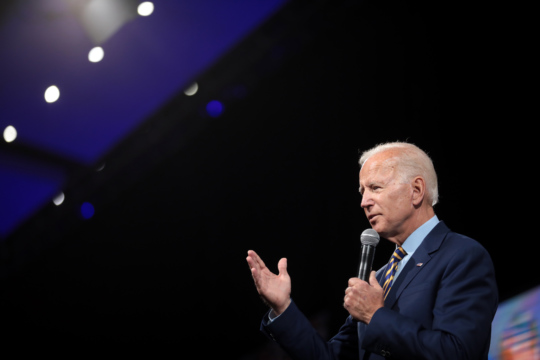
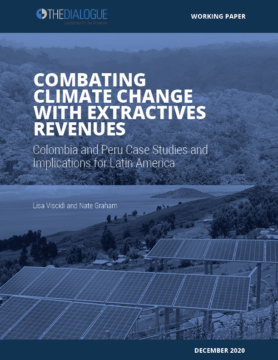
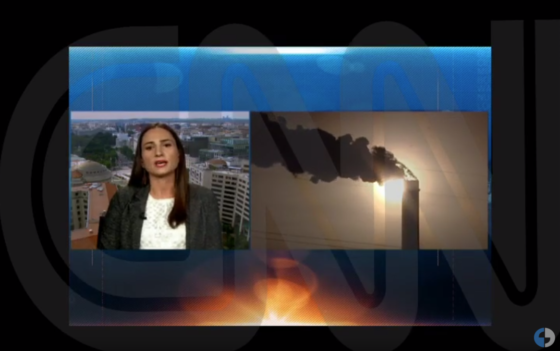 Video
Video
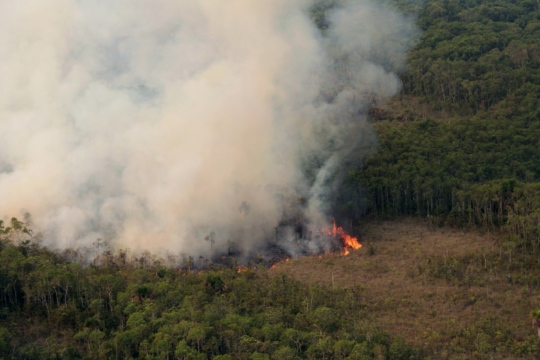
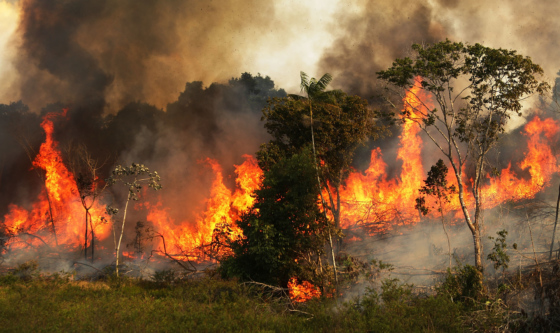 Video
Video
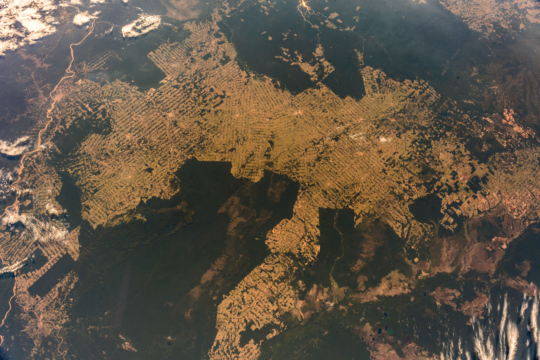
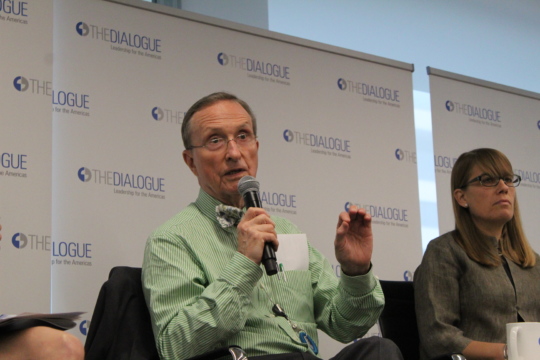 Video
Video
